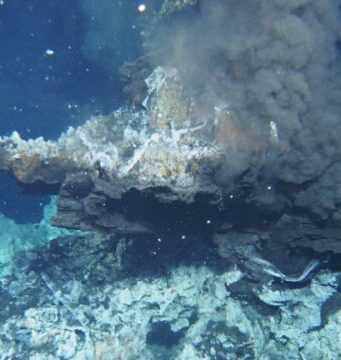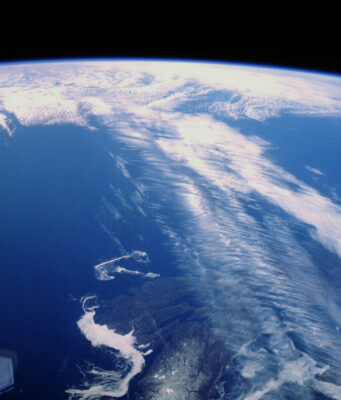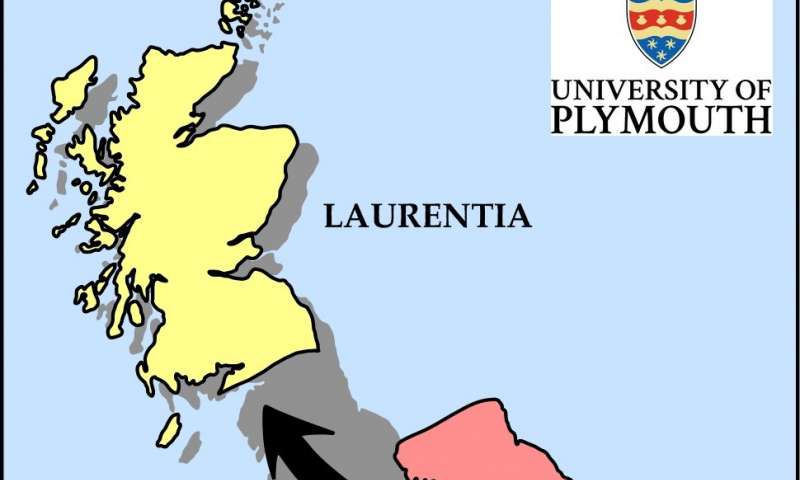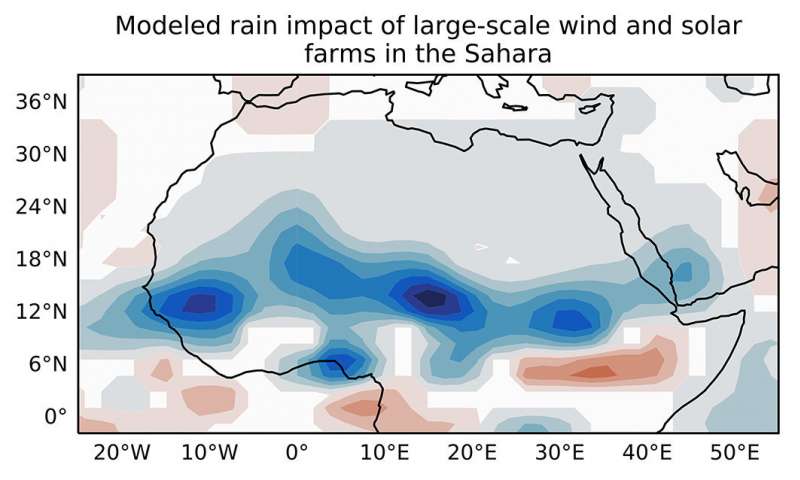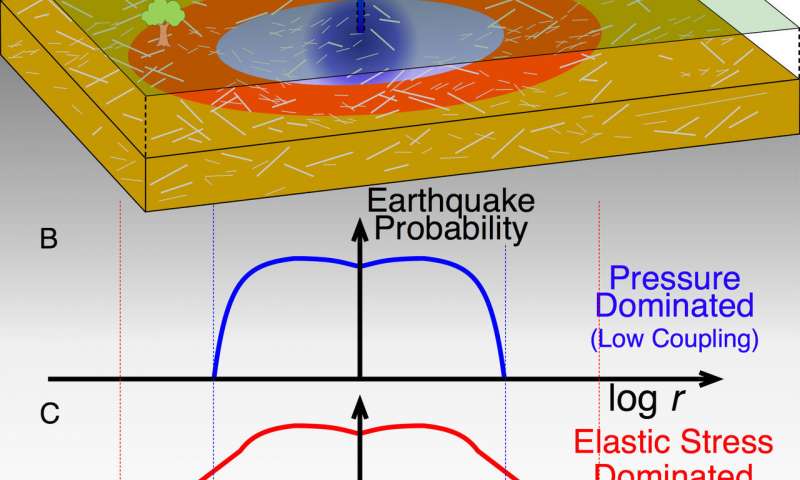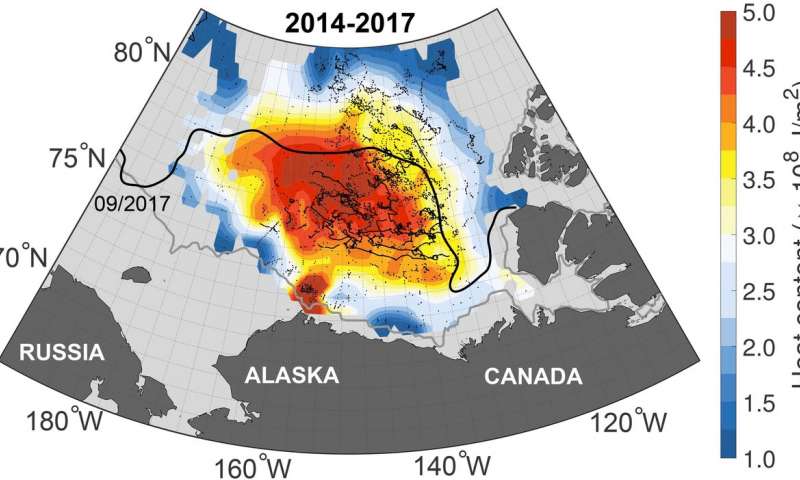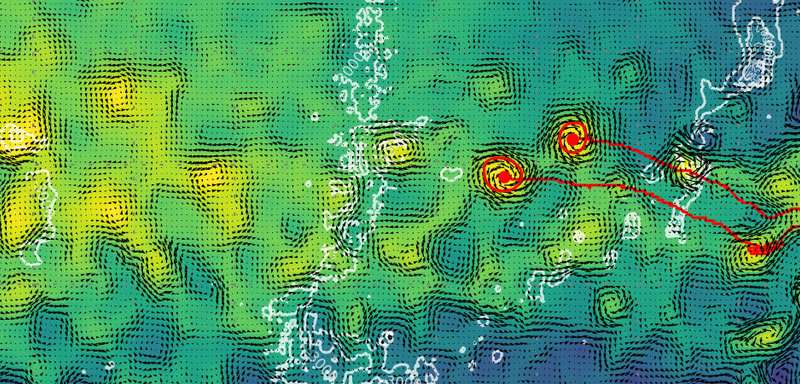The British mainland was formed from the collision of not two, but three ancient continental land masses, according to new research.
Scientists have for centuries believed that England, Wales and Scotland were created by the merger of Avalonia and Laurentia...
A time-honoured theory into why conditions on Earth have remained stable enough for life to evolve over billions of years has been given a new, innovative twist.
For around half a century, the 'Gaia' hypothesis has provided a unique way...
Earth is finally free to rise after hundreds of thousands of years of ice suppression.
That, of course, is a provocative statement, however, from the point of view of the Earth, it is actually true. The Pine Island, Thwaites, Haynes,...
Wind and solar farms are known to have local effects on heat, humidity and other factors that may be beneficial—or detrimental—to the regions in which they are situated. A new climate-modeling study finds that a massive wind and solar...
Millenia ago, ancient farmers cleared land to plant wheat and maize, potatoes and squash. They flooded fields to grow rice. They began to raise livestock. And unknowingly, they may have been fundamentally altering the climate of the Earth.
A study...
Some of the clearest, most comprehensive images of the top several miles of the Earth's crust have helped scientists solve the mystery of why Mount St. Helens is located outside the main line of the Cascade Arc of volcanoes.
A...
A study of earthquakes induced by injecting fluids deep underground has revealed surprising patterns, suggesting that current recommendations for hydraulic fracturing, wastewater disposal, and geothermal wells may need to be revised.
Researchers at UC Santa Cruz compiled and analyzed data...
Low-tech ways of improving soil quality on farms and rangelands worldwide could pull significant amounts of carbon out of the atmosphere and slow the pace of climate change, according to a new University of California, Berkeley, study.
The researchers found...
Arctic sea ice isn't just threatened by the melting of ice around its edges, a new study has found: Warmer water that originated hundreds of miles away has penetrated deep into the interior of the Arctic.
That "archived" heat, currently...
A new study could help explain the driving force behind the largest mass extinction in the history of earth, known as the End-Permian Extinction.
The event, also known as the Great Dying, occurred around 250 million years ago when a...
Eddies formed off South Africa can trap and transport water across the vast expanse of the Atlantic to Brazil, and, in doing so, make an important contribution to the global climate.
Agulhas, the Cape of Needles, is a rocky headland...


